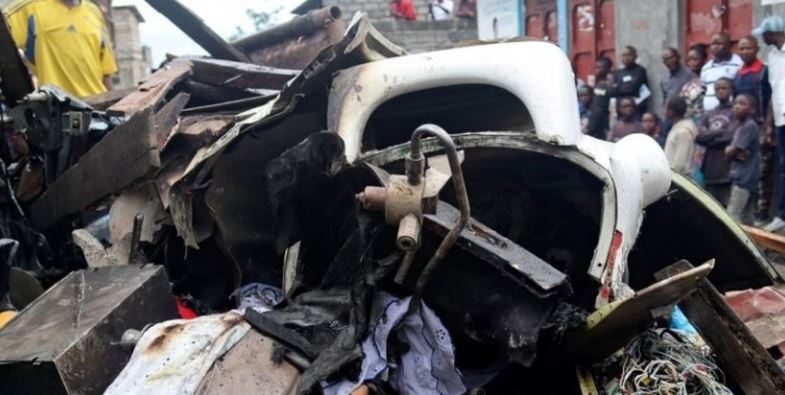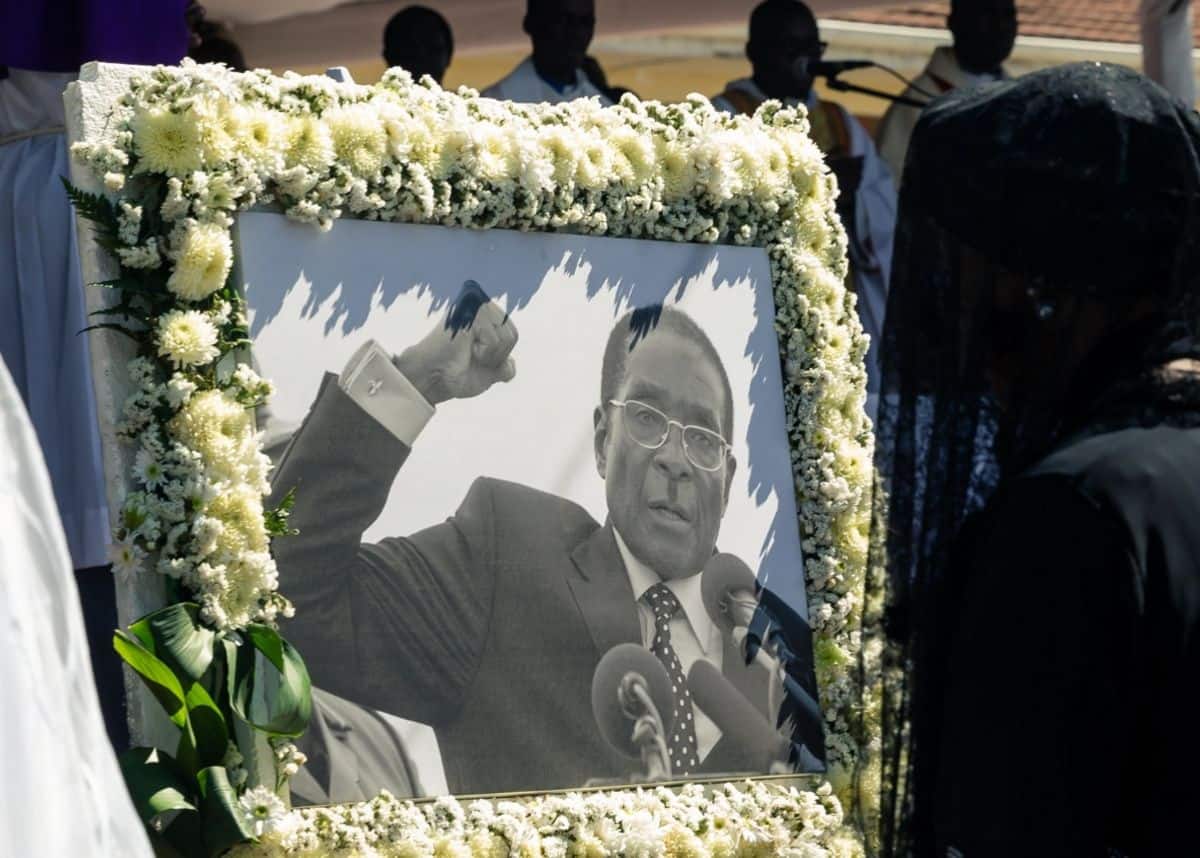What is the most modern city in Africa? Perhaps this is the nagging question racing through people’s minds when they think about the modern cities in the continent. Below are some towns with fantastic infrastructure, tourist attraction sites, and excellent weather that form the best holiday destinations.
1. Djenne in Mali
Djenne or Jenne is one of the oldest towns in Mali. It is situated on the Bani river floodplains between the Bani and Niger rivers, about 220 miles (354 kilometres) southwest of Timbuktu. The town rests on hillocks known astoguereand occasionally becomes an island during the area’s seasonal flooding.
The town was established back in 250 BC, and it is historically linked to Timbuktu. It is an important centre for trade, with some distinctive features being its adobe architecture. The mosque is one of Africa’s most revered religious monuments. It was constructed entirely from sun-dried mud bricks coated with clay, and it is the largest surviving epitome of a distinctive style of African architecture.
The overall design adheres to the neo-Sudanese style being promoted by the French. They wanted to give a uniform look to all their West African properties.
2. Abuja in Nigeria
Abuja officially became Nigeria’s capital on 12 December 1991, replacing Lagos. It was planned and built in the 1980s. It is located in the centre of Nigeria, within the Federal Capital Territory (FCT).

This capital city of Nigeria is one of the most developed cities in Western Africa. It is also one of the most populous towns in Africa. Beyond its development, population, and beauty, it is also the richest in terms of cash flow.
The city is located at the crossroads of Nigeria’s ethnic and religious groups. It is the home of the presidential branch, the Supreme Court, and the National Assembly. It boasts of a diverse architecture that is reflected in some sites like the National Mosque, National Christian Center, and the National Stadium.
3. Johannesburg in South Africa
What is the most modern city in South Africa? Well, Johannesburg is not the biggest town in South Africa, but it is undoubtedly one of the country’s most beautiful and best destinations.
TheCity of Gold, like many, would call it, is the provincial capital of Gauteng – the wealthiest province in the country.
It is well developed with modern infrastructures. Some beautiful attractions include the City Deep – the largest dry port globally and the Apartheid Museum. It is also one of the cities in the country that hosted the 2010 FIFA World Cup tournament.
4. Luanda in Angola
The Angolan capital city is the largest in the country and has over 6.9 million people. It is a port city on the west coast of Southern Africa. Among the world capitals, Luanda has recently gained a reputation as the most cosmopolitan city in Africa.
The Portuguese founded the city in 1575, and it achieved peace in 2002 after a tumultuous history of civil war. It is currently experiencing a surge of construction and a swelling population.
Some fantastic sceneries within this city are found in Mussulo. They include a spit of land covered in bungalows, coconut palms, and bars, and featuring wide sandy beaches and calm waters.
5. Windhoek in Namibia
Windhoek is the capital city of Namibia. The name is derived from the Afrikaans, meaning “windy corner “. It is located in central Namibia in the Khomas Highland plateau area.

Though it is a relatively small city, Windhoek is a bubbling business district with trendy restaurants, bars, and shopping malls. Being the economic, socio-cultural, industrial, and political capital of Namibia, the city is a home of numerous government institutions, industries, and tourist attraction sites.
It is a beautiful place to live in because of the ultramodern housing infrastructures, health services, and world-class educational institutions.
6. Tunis in Tunisia
Tunis is, without a doubt, one of the most modern cities in French Africa. It is located on the northern African coast, between the western and eastern basins of the Mediterranean Sea.
This former French colony’s capital city has a high life expectancy, with an average person living up to the age of 74 years. Additionally, the city is ranked second among the happiest places to live in the African continent.
The genesis of Tunis development dates back to the precolonial period. The city flourished under Roman rule. However, its importance dates primarily from the Muslim conquest in the 7th century AD. It became the capital city under the Aghlabids and reached its greatest prosperity under the Ḥafṣid dynasty.
Today, the city heavily relies on Agriculture as its primary income source and has numerous manufacturing industries. It is also a home of several international airports, cultural centres, and tourist attraction sites.
7. Kigali in Rwanda
Kigali city is the capital of Rwanda. The beautiful town is located in the centre of the country on the Ruganwa river.

After 1895, the town was a trade centre during the German colonial administration and was a regional centre during the Belgian colonial period between 1919 and 1962. It became the country’s capital in 1962.
Talking about the best-planned city in Africa, Kigali cannot go unmentioned. The town has a Muslim quarter and spreads over four hills. You will find the informal settlement to the northeast of the city and industrial area to the southeast. Industries within the capital include shoe, paint and varnish, radio-assembly, and tanning factories.
The central business district has many modern architectures coming up in recent times. Among them is the new Kigali tower that houses several offices and departmental stores. The weather is moderate most of the time and thus conducive for a variety of exciting activities and amazing social amenities for residents.
8. Accra in Ghana
Accra is the capital and largest city in Ghana. It is the most densely populated in the country. The city lies partly on a cliff and spreads northward over the undulating Accra plains.

Despite being in a region susceptible to occasional earthquakes, that has not deterred it from being the most advanced city in Africa with several classic restaurants, bars, shopping malls, and night clubs.
The city has a flourishing real estate sector, which perhaps explains why it has become a favourite vocational destination for most upper-class Africans.
9. Libreville in Gabon
Libreville is the capital city of Gabon. Before the French invaded the country in 1839, the area was inhabited by the Mpongwe people. The area later became an American Christian mission, and a slave resettlement site, before transforming into the chief port of the colony of French Equatorial Africa.
By the time the country was gaining its independence, the town was a minor administrative centre and trading post. It has whoever rapidly grown into a modern city with several amenities for its people. It is also a home of almost half of the country’s population.
The city has a literacy rate of about 90%. The French significantly influenced people’s lifestyles. This perhaps explains the city’s beautiful architecture and monuments, grand boulevard, and stylish design.
Some unique features within the area include natural landscapes, parks, beautiful beaches, and nature reserves.
10. Gaborone in Botswana
This is the capital city of Botswana. It is a politically stable city with the most flourishing economy in the country. It is also one of the most peaceful cities in the African continent.

The city was named after chief Gaborone, who led his tribe to the area from the Magaliesberg around 1880.
The primary driver of the city’s economy is proceedings from diamond and exportation of beef to Europe. The flourishing tourism sector has also significantly starred in the development of this town.
Gaborone has all the facilities of any modern capital city. There is a range of hotels and a choice of cinemas and casinos. Restaurants are numerous, and various nightclubs often host live music by local artists.
The African continent has metamorphosed to become a civilized and modern society in recent times. Every year, individual countries strive to expand their economies by improving their infrastructures, and as a result, modern cities keep mushrooming. The list above constitutes some of the most modern cities in Africa that stand out to be counted.




